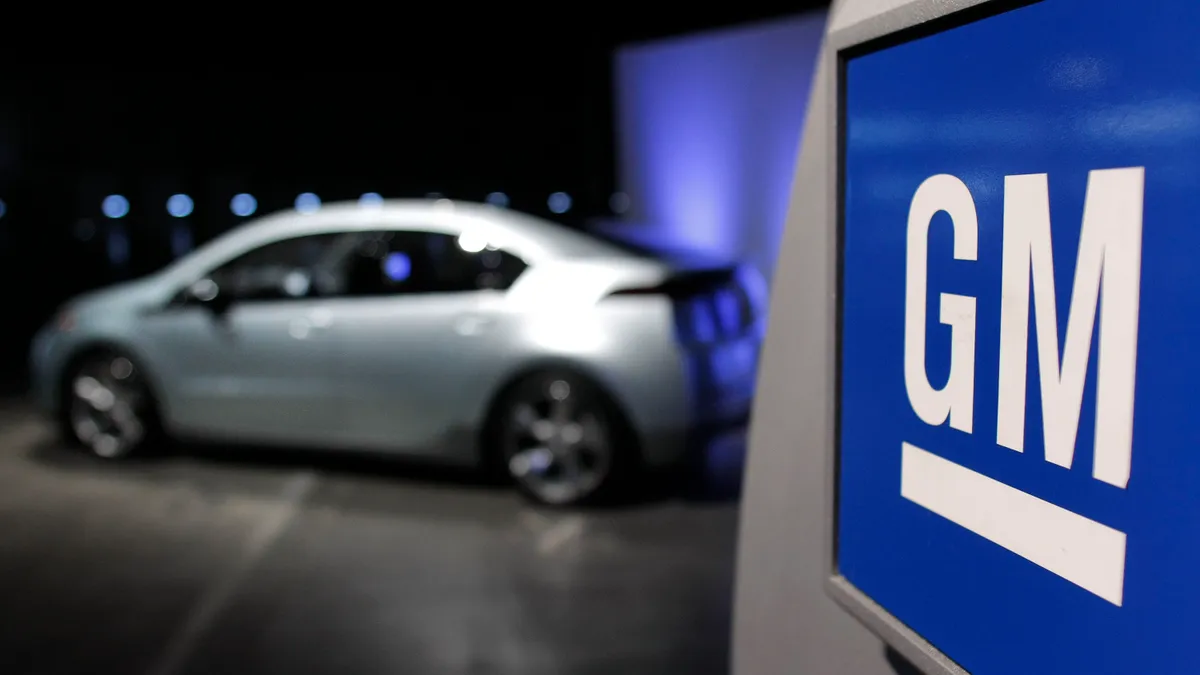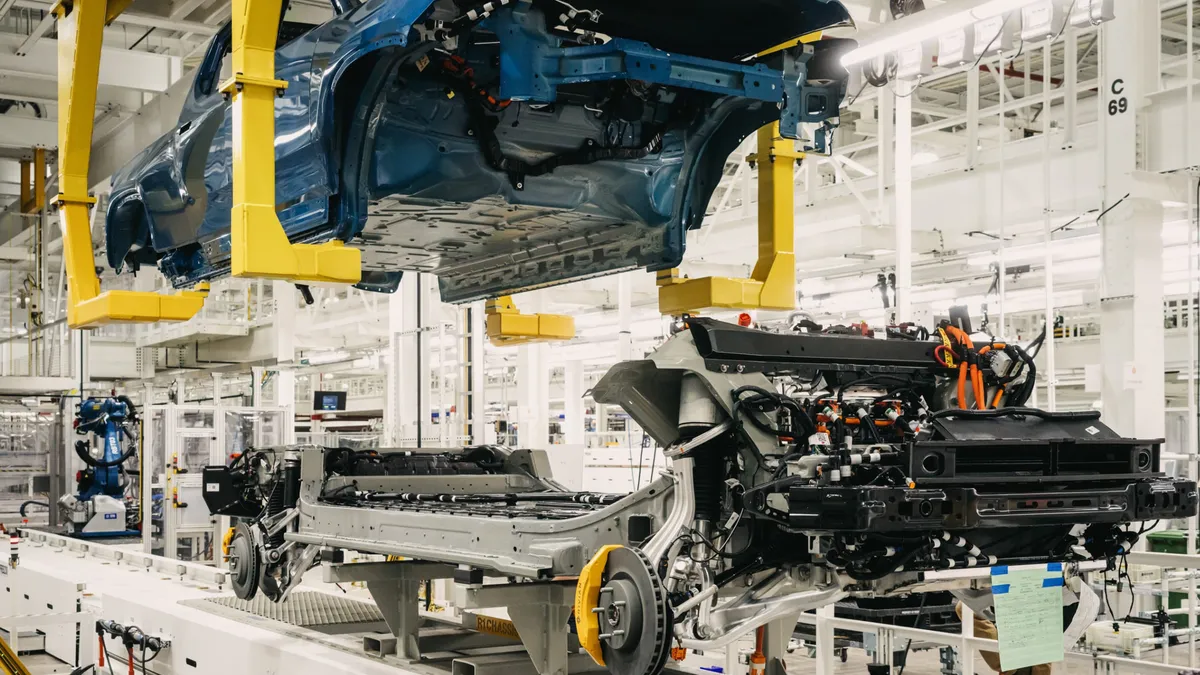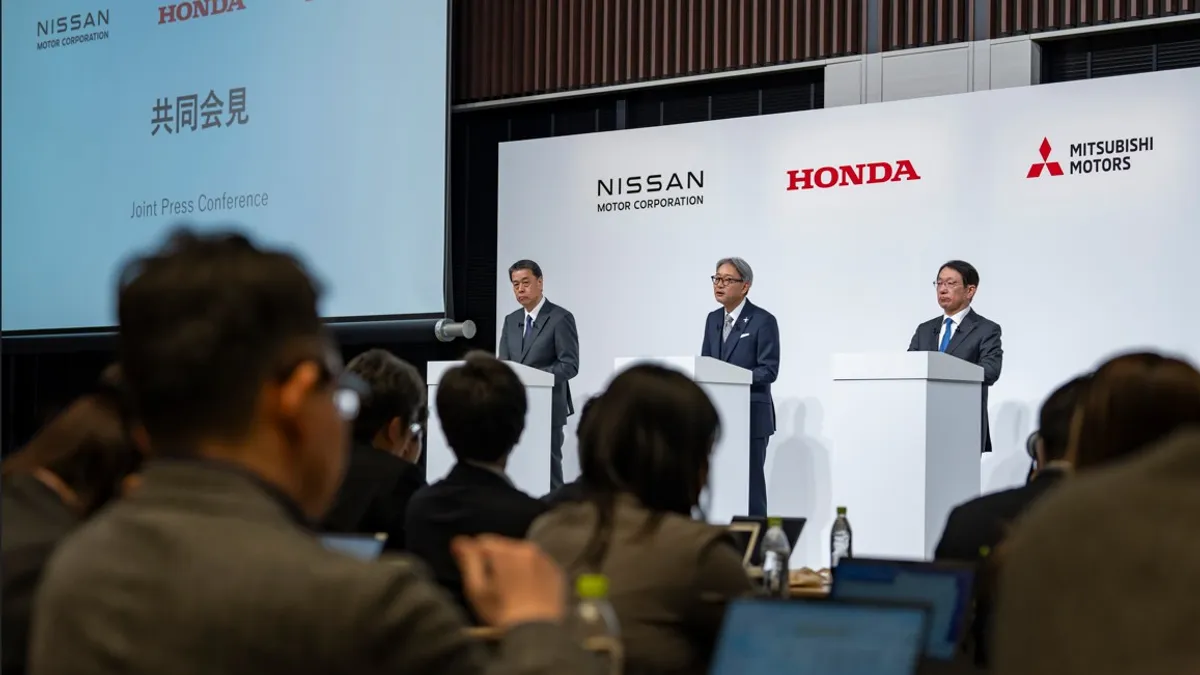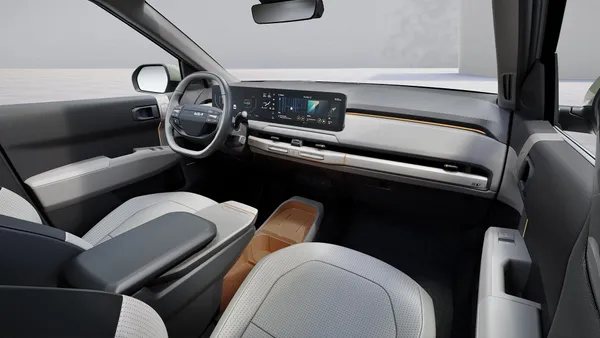General Motors has cut a deal with the Australian mineral specialist Element 25 for 32,500 metric tons of manganese sulfate for the automaker’s growing EV business. The deal will help GM scale production beyond its goal of 1 million EVs in North America.
As part of the deal, GM will provide Element 25 with an $85 million loan to fund the construction of a new Louisiana facility to produce battery-grade manganese sulfate sourced from the company’s Australian mining operations.
Element 25 plans to invest $290 million in the plant, which is slated to open in 2025, with site production beginning in Q3 of this year.
The 230,000-square-foot facility will be the first of its kind in the U.S. to produce manganese sulfate, a key ingredient in lithium-ion battery cathodes, the companies said.
The deal comes as automakers race to build supply chains and secure key minerals used in battery and EV production and do so in a way that meets geographic sourcing requirements for EV tax credits created by the Inflation Reduction Act.
GM’s “direct investments in battery raw materials, processing and components for EVs are providing certainty of supply, favorable commercial terms and thousands of new jobs, especially in the U.S., Canada and free trade agreement countries like Australia," Doug Parks, GM executive vice president for global product development, purchasing and supply chain, said in a statement.
Earlier this year, GM announced it would invest $650 million to develop a lithium mine in Nevada as well as invest in the lithium producer known as EnergyX for an exclusive lithium supply. Among other industry moves, rival Ford has also inked a series of lithium deals with suppliers that last through at least 2034.













